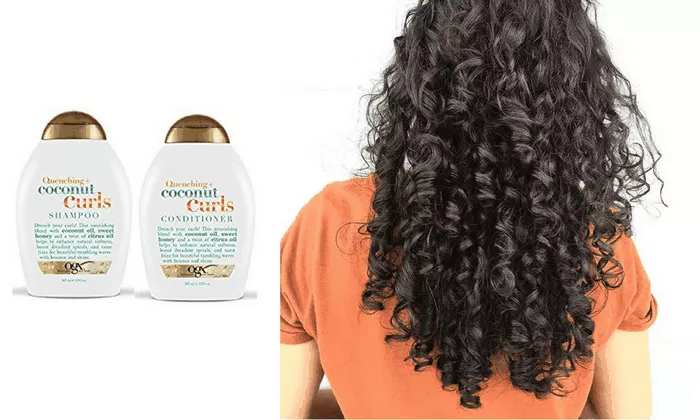In the pursuit of longer, thicker hair, many turn to biotin supplements, a vitamin claimed to play a crucial role in the production of keratin—the protein constituting hair and nails. Dr. Susan C. Taylor, a board-certified dermatologist and professor at the University of Pennsylvania’s Perelman School of Medicine, debunks the myth surrounding biotin’s efficacy in an exclusive interview with SELF.
With millions in the United States experiencing androgenetic alopecia (pattern hair loss), the desire for a simple solution is understandable. Dr. Taylor highlights the prevalence of online searches for “hair growth supplements,” yielding countless results featuring products emphasizing biotin as a primary ingredient. However, she challenges the assumption that supplementing biotin is the key to abundant hair growth.
According to Dr. Taylor, the average Western diet already provides an ample supply of biotin through foods like nuts, egg yolks, meat, fish, and sweet potatoes. A deficiency in this vitamin is rare, with the recommended daily amount for adults set at 30 micrograms. The typical Western diet, she notes, generally exceeds this requirement, ranging from 35 to 70 micrograms per day. Therefore, unless there is a dietary deficiency or a condition like biotinidase deficiency (BIOT), supplementation may be unnecessary.
Dr. Taylor acknowledges certain factors that could influence biotin levels, such as long-term antibiotic use, heavy drinking, and specific medications like anti-seizure drugs and Accutane. Individuals concerned about potential deficiencies are advised to consult their primary care doctor, who can assess symptoms and conduct a simple blood test for confirmation.
Contrary to claims of miraculous results from biotin supplements, Dr. Taylor asserts that no clinical trials support their efficacy for those without a deficiency. Excessive biotin intake can also interfere with blood work, potentially leading to false results in tests used for heart attack diagnosis and thyroid panels.
For individuals grappling with hair loss, Dr. Taylor recommends seeking the expertise of a board-certified dermatologist rather than relying on unverified supplements. Dermatologists are trained to identify various types of hair loss and address underlying causes, providing a more informed and personalized approach to treatment.


